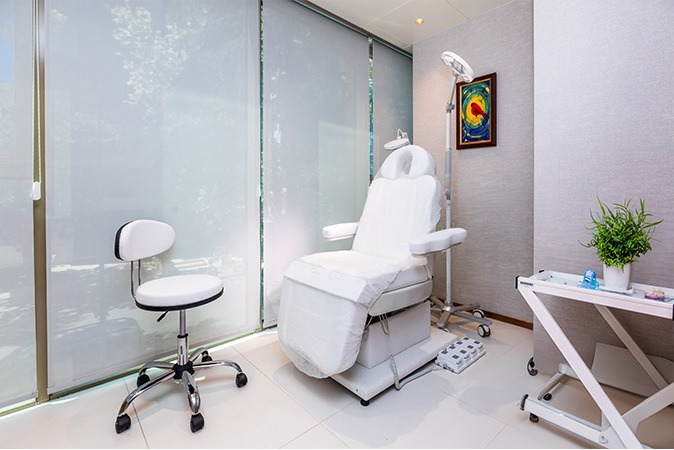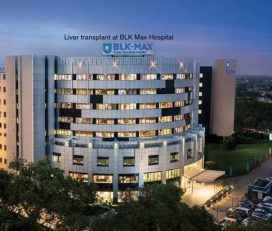Top Surgeons for liver transplant in Nepal:
Some of the biggest names in the field of transplantation surgery are part of teams of skilled surgeons and medical professionals who perform the procedure. These doctors have years of experience in the field of liver diseases and hepatobiliary and have successfully performed the complex procedure of liver transplantation surgery in their career. Some of the best liver transplantation surgeons available in Nepal are:
Dr Sanjay K Yadav, Liver Transplant Nepal: Dr Yadav, MBBS, MS, FMAS, is a Nephrologist with over 7 years of experience in the field. Dr Yadav specializes in liver transplantation procedures and is well-reputed in the regions of both Nepal and India.
Dr Arun Kumar Singh, National Liver Cancer, Nepal: Dr Singh, MD, MS, LTxS, is a senior consultant and transplant surgeon in the field of hepatobiliary and liver transplant department who has more than 40 years of experience working in the medical field.
Dr Pushkar Chandra Shrestha, SDNTC, Nepal: Dr Shrestha, MBBS, MS, MRCH, is one of the leading nephrologists and transplant surgeons in Nepal. Dr Shrestha had led the Nepalese team in performing the first-ever liver transplant surgery in Nepal in 2016.
Dr Ramesh Singh Bhandari, TUTH, Nepal: Dr Bhandari, MBBS, MS, MCh, is a celebrated Hepatobiliary Liver Transplant and Gastrointestinal Surgeon in Nepal. Dr Bhandari leads the liver transplantation department of TUTH and has successfully completed transplantation procedures at the facility.
Dr Neeraj Joshi, SDNTC, Nepal: Dr Joshi, MBBS, MD, MRCP, is a gastroenterologist and specialist in liver diseases with over 20 years of experience in the field of medicine.
Dr Dipesh Lal Gurubacharya, SDNTC, Nepal: Dr Gurubacharya, MD, DM is a Senior Consultant in Gastroenterology and Hepatology in Nepal with expertise in the field of liver diseases and transplantation.
The medical institutions also train their surgeons and assisting staff with the guidance of renowned specialists from all over the world to ensure the best possible care for the patients. The transplant surgeries are also often assisted and monitored by experienced professionals in the field of liver transplant on an international level.











